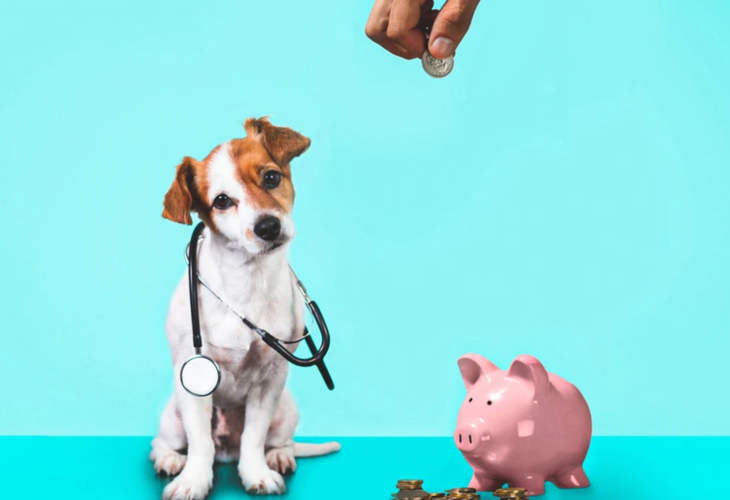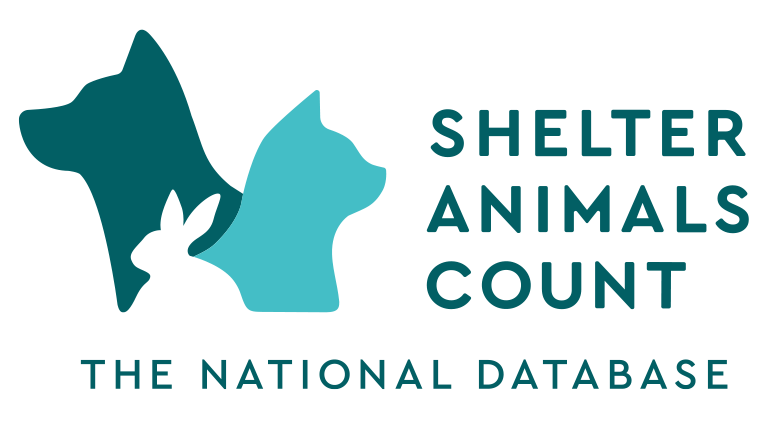Big Dog Behavior Data: Shelter Animals Count with Hill’s Pet Nutrition
December 13, 2024

Grid
By: Anna Deen
Published: October 18, 2022
Pets give us unconditional love, couch snuggles, a buddy to “talk” to (what, just me?) and, unfortunately, dollar signs — lots of dollar signs.
The cost of having a pet had been steadily creeping up recently. But over the past year, the price of keeping Fido fed and healthy has skyrocketed, leaving many wondering how they’ll care for their furry or scaly or hairy friend.
Kibble is doggone expensive
Pet food, a necessity for pets, is rising in cost — and fast. As of September, the Consumer Price Index for pet food had risen almost 14 percent over the last year. By comparison, the CPI for (human) food rose by more than 11 percent.
And what if your pet is … sick as a dog? Vet bills are higher than ever.
Veterinary care costs, too, are rising. According to government data, prices for vet services jumped by 10 percent in the last year, representing the biggest spike in the last 20 years, the Washington Post reported this month.
Why’s this happening? There are a few factors at play. As of August, pay for hourly workers, which makes up a good chunk of the cost of running a clinic, rose by 7 percent in the last year, the newspaper reported. That’s faster than the 5 percent average for all hourly workers.
Costs for medical supplies, lab testing fees, and pharmaceuticals are also increasing, the article said. Finally, some independent vets blame corporate acquisitions of clinics and hospitals.
“One factor in the rising cost of pet care is that it’s increasingly mimicking human health care,” the newspaper reported, citing examples of MRI machines, expensive drugs, and kidney transplants for cats being available in specialty clinics.
Keeping up with all the bills can feel like herding cats; some owners have had to cut back …
While a majority of pet owners said their monthly spending has remained relatively stable despite inflation, another 38 percent said they’ve had to cut back on the amount they spend on their pet, according to a recent Forbes survey.
Pet owners who owned just dogs were more likely than those who owned cats to spend less now — just 20 percent of cat owners said they’re spending less compared to nearly half of dog owners.
But while pet owners are, for the most part, spending the same amount day-to-day, a surprise vet bill may leave them in the lurch. About 28 percent of respondents said a vet bill of less than $500 would cause them to go into debt.
While almost half of pet owners have paid for their vet bill with a credit card in the last year, 18 percent have had to dig into savings and 5 percent have reported taking out a loan, Forbes data shows.
One way pet owners could offset the costs of surprise medical bills is with a pet insurance policy. Because of inflation, a fifth said they’re more likely to take out a policy. That said, four out of five pet owners haven’t taken out pet insurance policies, and many of them aren’t more likely to get one because these policies add to their monthly expenses.
… Or even give up their best buddy
While a vast majority of pet owners have kept their pets despite the rising costs, 3 percent did say they’ve given up their pet to an animal shelter, a rescue, a friend or a family member in the past year.
Of those who’ve had to part ways with their furry friend, many cite skyrocketing expenses. About 12 percent of survey respondents who gave up their pet said inflation made owning and caring for a pet too expensive. About 7 percent also said their reason was that they couldn’t afford the medical bills.
While shelter intake is higher in 2022 than it had been over the previous two years, it’s still lower than it was in 2019 before the pandemic, according to Shelter Animals Count data. June 2022 research from the American Society for the Prevention of Cruelty to Animals (ASPCA) showed that the top reasons for pet owners relinquishing cats and dogs were because of housing changes, job changes, and feeling the animal was too expensive to keep.
And don’t rush to blame puppy love born of the pandemic There’s no research suggesting that pet owners are relinquishing recently acquired “pandemic pets” after returning to a pre-pandemic lifestyle, Maureen Linehan, the ASPCA director of media and communications, wrote to Grid in an email.
“Long before the pandemic, the lack of access to pet-friendly housing and affordable veterinary care was already forcing families to make the difficult choice to part with their pets,” Linehan wrote.
The pandemic has only exacerbated housing and financial concerns, such as inflation, for many pet owners, she added.
For pet owners who might be considering rehoming their pet, the ASPCA suggests enlisting the support of a friend or neighbor, or reaching out to a shelter or rescue organization in the area, since staff can often provide advice and assistance on keeping pets in the home.
